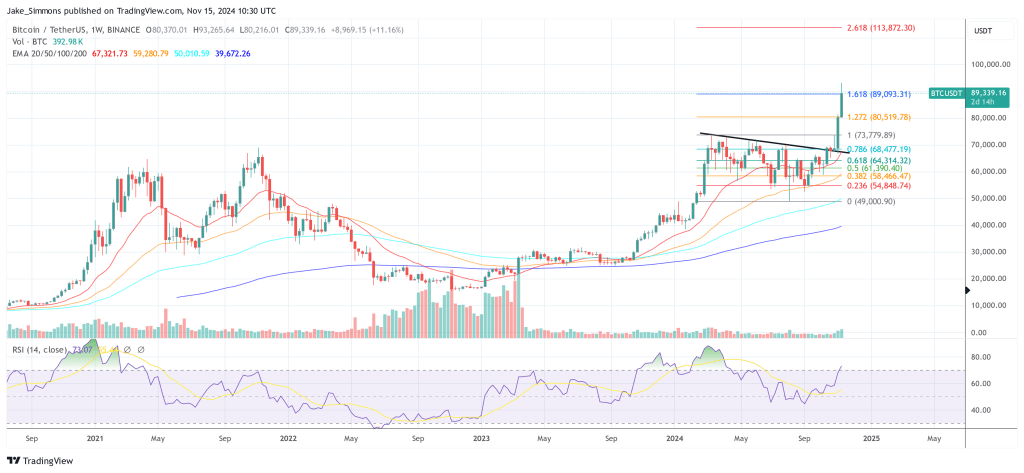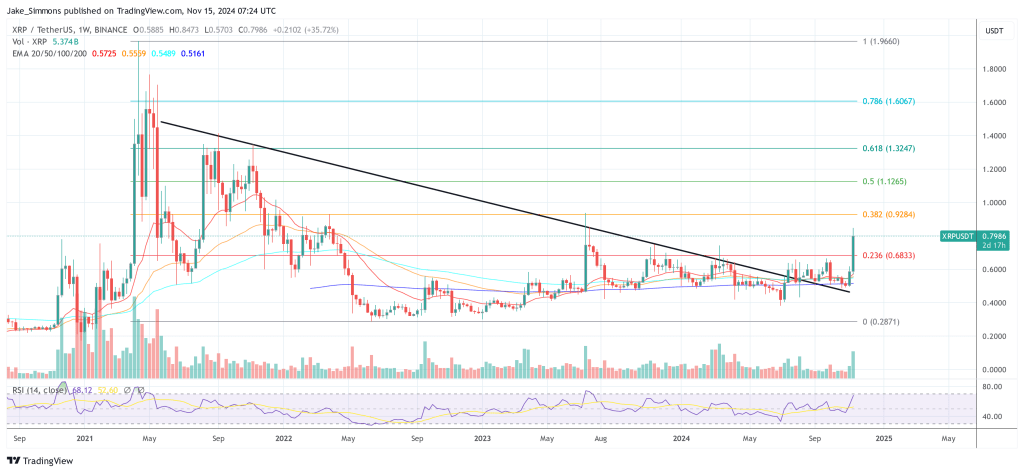“ Read this: https://download.wpsoftware.net/bitcoin/pos.pdf
The problem to solve is determining a record of the transaction history so that all the independently operated nodes in the node network have the same history, without having to collude, or be controlled by a master
Satoshi chose Back's hashcash mechanism because it uses hashing as a random oracle, and using a random oracle separates the timestamping process (mining, creating the chain's next block) from the contents of the block (transactions)
The miners compete in a race using a process which is independent of the transactions they are adding to the transaction history. A miner hashes only the header of his block, and only the Merkle root hash connects the header to the transaction set. Because the Merkle hash is a hash of pairs of pairs of pairs of Merkle tree node hashes, it is several steps removed from the actual transaction data
Proof of stake determines the contents of the next block by choosing a staker according to a partially random mechanism, biased by the quantity of coins being staked. The stakers' coins are part of the transaction history. This link - using existing transaction history to establish new transaction history - is a vector for corrupt alteration of the history
Also, a proof-of-work chain embodies elapsed time in the work. That is, rewriting old history requires re-doing the work in the old block, and every descendant of the altered block. An attacker can never succeed because the chain is being extended faster than the time he needs to catch up to the tip
A proof-of-stake chain can be considered as a checkpoint in time, not an accumulation of time. The entire history can be rewritten with no work, because no work was expended to build it
the new cool kid on the block
New does not mean better. Proof of stake really is a joke
Fundamental to the design of Bitcoin - the work is separate from the validation. The PoS coin refers to the miner as validator. Bitcoin does validation after mining. Bitcoin miners are not trusted to provide valid transactions in valid blocks
And that leads to centralization concerns. Bitcoin is decentralized in its node network, where the miners are not trusted by nodes, and where nodes do not trust nodes. Validation is repeated by every node, trusting only itself
The PoS coin trusts the staker as validator, centralizing the validation role in the highest value stakers.”
Crossposted from r/bitcoin . To me the checkpoint vs history analogy seems a particularly damning argument describing how POS is not truly a blockchain in terms of having an immutable history. Even if a miner achieves 51% hashing power, they can only alter the future not the past.
Secondly, it may be possible to forge a transaction that gives a person over 51% of stake, and use that to continue mining, since “validation” and “transactions” are related, unlike with POS. Is this not an exploitation vector?
[link] [comments]

You can get bonuses upto $100 FREE BONUS when you:
💰 Install these recommended apps:
💲 SocialGood - 100% Crypto Back on Everyday Shopping
💲 xPortal - The DeFi For The Next Billion
💲 CryptoTab Browser - Lightweight, fast, and ready to mine!
💰 Register on these recommended exchanges:
🟡 Binance🟡 Bitfinex🟡 Bitmart🟡 Bittrex🟡 Bitget
🟡 CoinEx🟡 Crypto.com🟡 Gate.io🟡 Huobi🟡 Kucoin.




















Comments